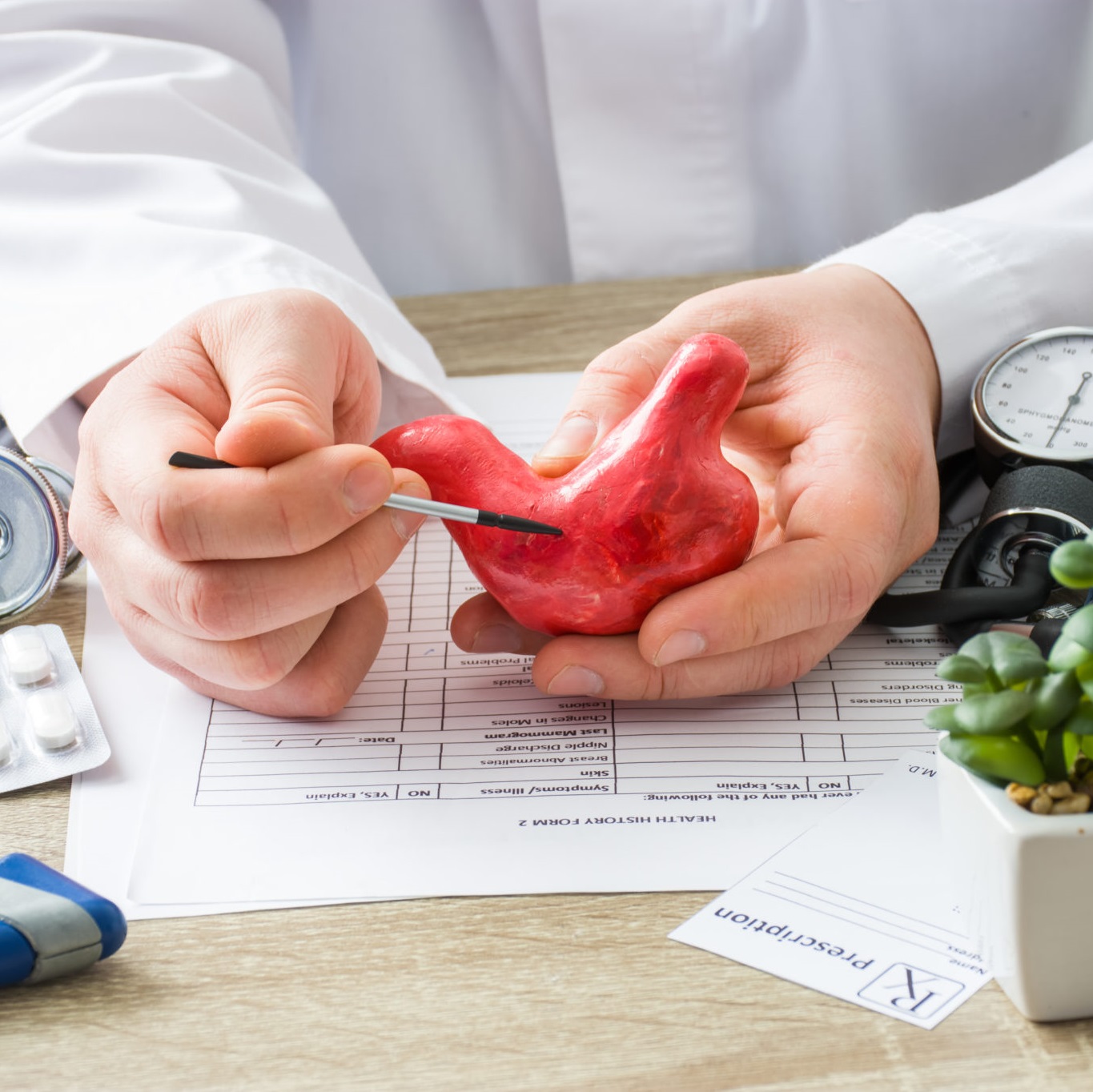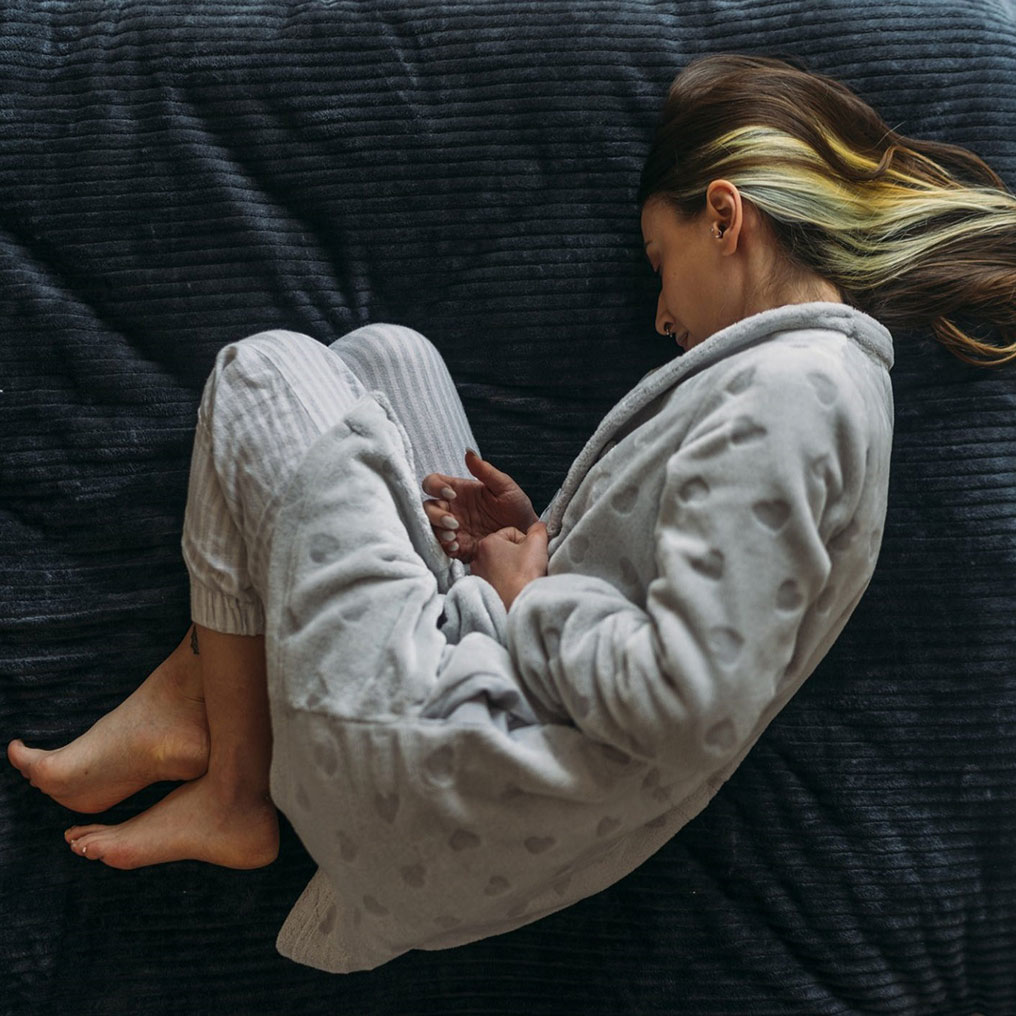Gastroenterology at Hackensack
Meridian Health
Meridian Health


If your doctor has recommended a sigmoidoscopy, it's natural to have questions about what to expect. We're here to provide clear answers and guide you through the process.
A sigmoidoscopy is a common, safe, and minimally invasive procedure that allows our gastroenterology specialists to get a clear view of the lower part of your large intestine (your sigmoid colon). This vital diagnostic tool helps us investigate symptoms like abdominal pain, rectal bleeding, or changes in bowel habits, and can be used to screen for polyps or colorectal cancer.
At Hackensack Meridian Health, your comfort and well-being are our top priorities.
A flexible sigmoidoscopy is a preventative measure to help detect potential issues at an early stage, even before you may experience any symptoms. It is also helpful in allowing your physician to diagnose the cause of certain symptoms you may already be experiencing, such as:
Find a gastroenterologist, flexible sigmoidoscopy procedure location, learn more about why you should choose Hackensack Meridian Health, or view all of our gastrointestinal services and the conditions we treat.
To allow for a thorough exam, your lower colon should be clean. This means you may only drink clear liquids, along with taking laxatives or an enema the day before the procedure.
Bloating and bowel distension are common and should only last about 30 to 60 minutes after the procedure. If your physician removes biopsies or polyps during the exam, you may experience some spotting of blood afterward. However, this is rarely serious. You should not drive or operate machinery for the remainder of the exam day.
Your physician will be able to provide you with additional information before your exam day.
Other types of exams include barium enema X-rays and stool samples. Your physician will discuss which type of exam is best for you.



